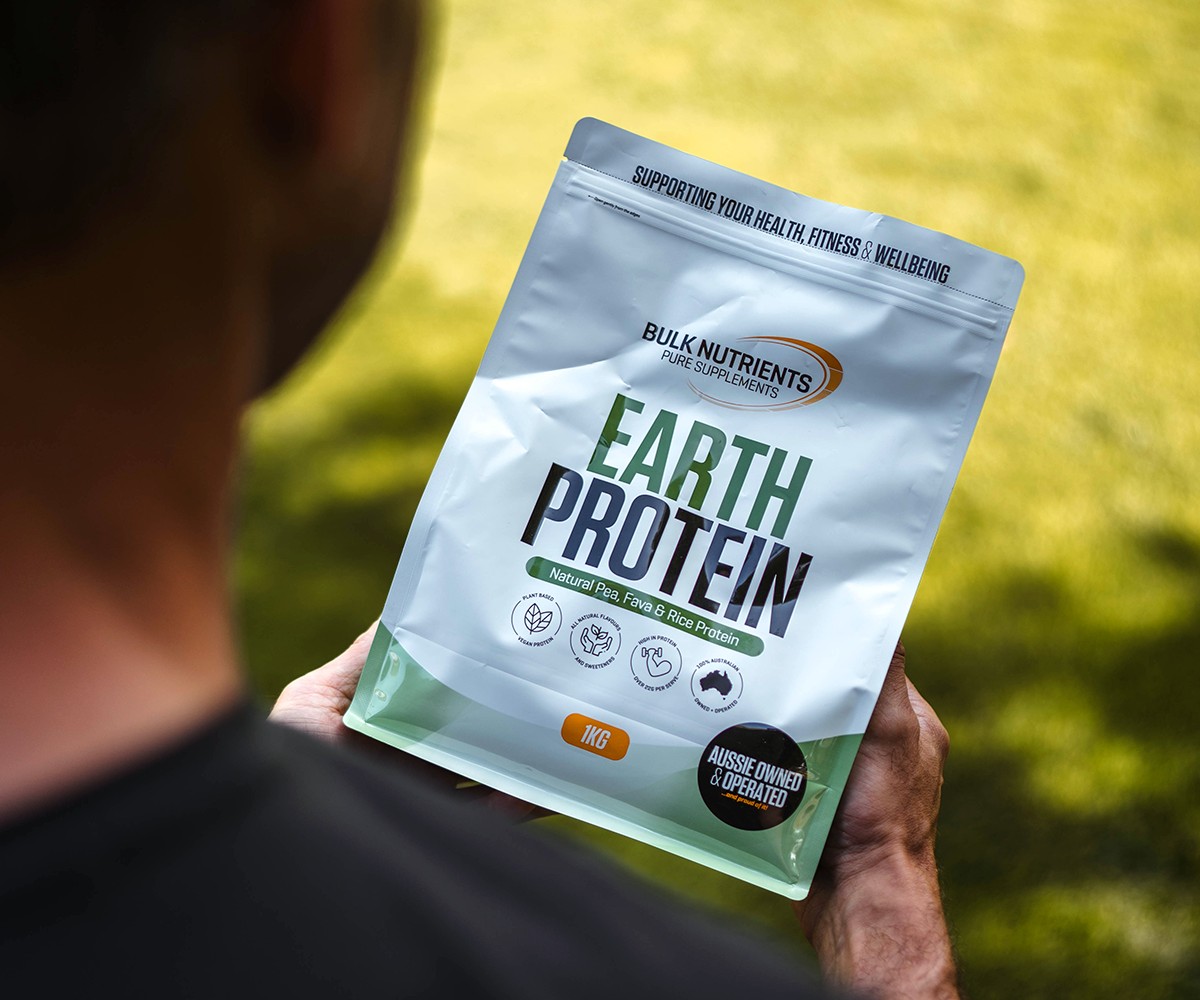Should We Be Avoiding Animal Products?

The great debate: Plant vs Animal
One of the greatest debates that have waged war across the fitness community for many years surrounds the role of animal products in our diets. Opinions are extremely contrasting (exacerbated by the promotion of big-budget documentaries like What the Health and Game Changers), with many arguing that intake of animal produce (meats and dairy products) results in unnecessary overconsumption of saturated fat, protein, hormones (present in meats), lactose, and cholesterol.
Proponents of the anti-animal produce movement will reinforce this stance by citing numerous scientific research papers demonstrating that plant-based diets are both very safe and provide consistent health benefits across a broad range of populations. It is also widely held among vegan advocates that vegetables, fruits and whole grains provide superior nourishment of important vitamins and minerals in contrast to animal products like milk or steak.
In contrast to this viewpoint, many will state that animal products are not deleterious when consumed in moderation. In fact, it provides key components of the human diet necessary to facilitate essential nutrition.
So how do we know who’s right? Should we be going plant-based, or are animal products fine for us when consumed in the context of a balanced calorie-controlled diet?
Thankfully, research experts recently gathered to identify the points of both agreement and controversy between anti- and pro-animal product proponents to provide a consensus statement. I will discuss the important components from this analysis below to help guide your nutritional endeavours in the right direction.

An important note before we begin
While this article presents the facts and scientific findings on plant-based and omnivore diets, it is important to note that optimal health can be achieved with plant-based and carnivore diets. A vegan diet often requires more work to ensure all macro and micronutrient targets are met (particularly amino acids such as leucine and vitamin B12). But this can be achieved with additional supplementation.
It is important to point out that this debate only focused on the health effects of vegan versus omnivorous diets and thus did not discuss each diet approach's potential ethical and environmental implications.
What the experts say: Should we avoid consuming animal products?
According to the research presented in this debate, including animal products as part of a balanced diet is healthy. Here are some of the key takeaways:
- Humans are naturally omnivores, not herbivores, evolutionarily adapted to eat significant amounts of meat and animal products.
- All human societies in history have consumed animal foods.
- Consuming animal products provides an array of essential nutrients and meets various biosocial needs (part of our cultural heritage).
- The exclusion of animal products from the diet undermines nutritional flexibility.
- Avoiding animal products could put vulnerable population groups at risk of obtaining adequate nutrition.
- Animal products are not harmful when consumed in a balanced diet and contain nutrients that are not easily obtained from plants.
- The research, especially clinical trials, do not support the case that animal products are unhealthy.
- All the benefits achieved by consuming plant foods can be derived from a balanced omnivorous diet.
- Many modern-day diseases were rare in ancestral populations who consumed large quantities of meat (often much larger quantities than typically consumed today).
- Haem iron (the iron from meat) is a valuable nutrient for preventing iron deficiency, a major nutritional problem across the globe.
- The levels of natural hormones present in animal products like milk are not a health risk to humans.
- Compared with animal proteins, plants provide fewer amino acids, have a lower biological value, and cause a less anabolic response.
- No research has demonstrated a causal relationship between the consumption of red meats and adverse health consequences.
- Many observational studies that showed a benefit to vegan diets were not compared to an optimal, balanced omnivorous diet.

There is still more research needed.
As you can probably guess, there are still a few issues that require a little more digging!
- We lack well-controlled research studies that keep all factors (other than the diet) similar. This is needed to compare both the nutrition and therapeutic effects of various subtypes of plant-based diets and different types of omnivorous diets across all stages of life in a variety of different populations and cultural groups.
- The comparison of plant-based versus omnivorous diets for cardiometabolic effects needs further investigation, especially for specific subpopulations such as children, pregnant women and the elderly. Outcomes of interest should also include micronutrient intakes and the effects on physical, mental, digestive, hormonal and autoimmune markers of health.
- Future research studies need to be adequately funded and carried out with the highest possible standards and research quality.

My hot takes from the plant vs animal debate
- While a handful of studies may provide the impression that a non-meat diet approach is superior, a comprehensive analysis of all the research concludes that consuming animal products in the context of a balanced, wholesome omnivorous diet is actually healthy.
- Compared to an omnivore diet, a vegan diet requires more work to reach the required intake of essential amino acids (particularly leucine) for maximising muscle growth/retention and vitamin B12. This often means additional supplementation is required.
- Reaching required protein intake using plant sources may promote higher body fat levels (like Roman gladiators) through a higher caloric load (PB sandwich versus beef).
- There is no compelling evidence that a vegan diet is healthier or more sustainable than a diet comprising lots of fruit and vegetables, with lean animal proteins in moderation.
- The Western diet is not unhealthy because of the lean animal products consumed; it’s unhealthy because of the calorie-dense, micronutrient poor, junk food... which happens to involve meat (cheeseburgers, hotdogs) often. So remove those, and of course, you will be healthier, but it is not from removing the meat per se.
- I am all for people making their own choices surrounding their diet, and there is nothing wrong with choosing not to eat meat or animal products if that choice is well-informed and supports your goals and ideals!
Question everything, friends.
Further reading
It's good to understand everything needed from a plant diet, which is why we wrapped up the important points in our Everything you need to know about plant-based diets article.
If you're questioning if you can still grow muscle at the same rate on a vegan diet, we've got that covered too.
When it comes to great plant based protein recipes, treats like our Fruity Plant Protein Smoothie Bowl is a great option.
And finally, if you're looking to make the switch to a vegan diet, check out our Supplements Certified by Vegan Australia page.

Jackson Peos
Jackson Peos has completed a PhD at the University of Western Australia, and has a straightforward approach to nutrition and supplements.
He's completed his BSc in Sports Science, and Exercise & Health, and his BSc (Hons) in Exercise Physiology.
References:
- Neal D Barnard, Frédéric Leroy, Children and adults should avoid consuming animal products to reduce the risk for chronic disease: Debate Consensus, The American Journal of Clinical Nutrition, Volume 112, Issue 4, October 2020, Pages 937-940, https://www.sciencedirect.com/science/article/pii/S0002916522008589






























